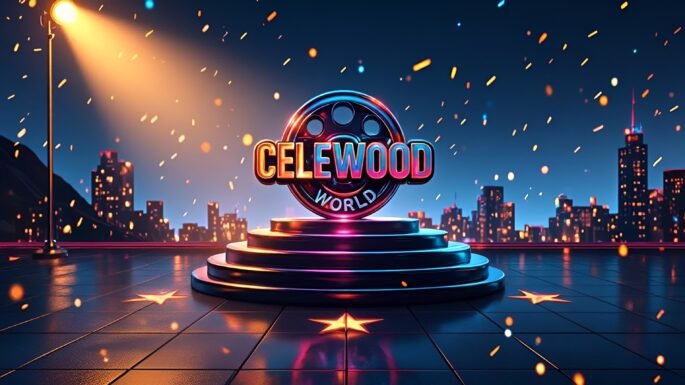Article –
Sondra Locke’s enduring impact on Hollywood’s gender dynamics remains a significant topic of reflection and discussion. Her journey in the entertainment industry exemplifies both pioneering achievements and the systemic challenges women have faced.
The Announcement
On November 3, 2018, the film industry and fans worldwide mourned the loss of Sondra Locke, a multi-talented actress, director, and producer. Though her passing occurred some years ago, renewed interest through retrospectives has brought her contributions and controversies back into the spotlight.
How We Got Here
Locke’s career launched in the late 1960s, quickly making waves with her acclaimed role in The Heart Is a Lonely Hunter (1968), which garnered an Academy Award nomination. Her association with Clint Eastwood, both professionally and personally, shaped much of her public image as she starred in numerous Eastwood-directed films in the 1970s and 1980s, such as The Outlaw Josey Wales (1976) and Every Which Way But Loose (1978).
Moving beyond acting, Locke broke new ground as a female director and producer—a rare accomplishment at the time—with projects like Ratboy (1986) reflecting her passion for unique storytelling. However, her career was not without struggle; lengthy legal disputes with Eastwood and Warner Bros. revealed underlying issues within Hollywood regarding gender, power, and control over creative work.
Why It Matters to Hollywood
Locke’s narrative highlights pivotal challenges women historically faced in Hollywood, especially around agency, representation, and equity. As one of the few female directors of her time, her path was groundbreaking. Her legal battles brought to light systemic power imbalances that persist within the industry.
Her experience speaks directly to current discussions about:
- Gender parity in the industry
- Workplace harassment and protections
- Equitable creative rights and professional respect
Locke’s blend of artistic contributions and public struggles offers a meaningful lens through which to examine the continual barriers women face in Hollywood.
Response from Stakeholders
Industry experts recognize Locke as a symbolic figure in Hollywood’s evolving conversations about gender politics. Her contentious lawsuits triggered a critical re-examination among studios and stakeholders regarding women’s contractual and creative protections.
Film historians and critics have since reassessed her works, appreciating their thematic richness and directorial perspective more deeply. Meanwhile, fans and advocacy groups use Locke’s story as a rallying cry for expanding opportunities for women in directing and producing roles. Social media dialogues demonstrate:
- Admiration for her perseverance
- Calls to address pervasive industry inequalities
- Momentum for change inspired by her legacy
Looking Ahead
Although Sondra Locke passed more than five years ago, the dialogues spurred by her life persist with lasting effects on Hollywood’s culture and structure. Ongoing initiatives include:
- Film festivals hosting special screenings of her works
- Academic forums integrating her case into studies of gender and power in cinema
- Industry reforms promoting inclusive hiring and transparent contracting
Her story remains a vital reference for professionals and scholars striving for a more equitable and inclusive film industry.
In conclusion, Sondra Locke’s contributions as an actress, director, and producer, alongside the challenges she encountered in a male-dominated environment, encapsulate the complex dynamics of gender in Hollywood. Her legacy functions both as a historical record and a catalyst inspiring ongoing reforms.

